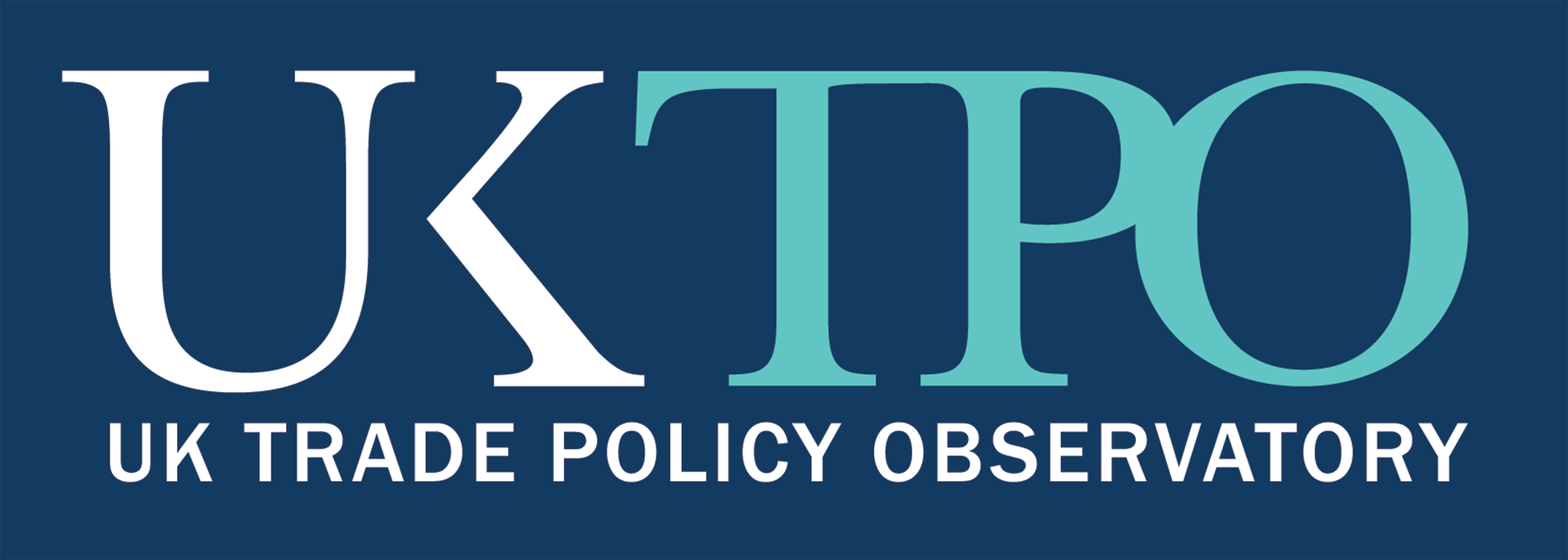The UK-US ‘geopolitical’ deal: A dangerous precedent for the UK and the world
We are living in a geopolitical world. While states may cloak their actions in legal justifications or economic reasoning, trade has become a tool to assert power, control narratives, and forge alliances. Trade deals are being designed to reduce vulnerabilities, not barriers. The recently announced US-UK deal is not a traditional trade agreement but a ‘geopolitical’ deal strongly reflecting the US’s geopolitical rivalry against China. Lacking the legally binding nature of international agreements, the deal sidesteps legal frameworks and instead stakes its importance on strategic alignment. As such, it signals a broader shift in how the US, which has its global leadership threatened by the rise of China as a superpower, now uses trade policy: not as a matter of market efficiency or legal commitments, but as an instrument of geopolitical influence and national security. Furthermore, the deal clearly shows the second Trump administration’s strong intention to force trade partners to collude with the US to squeeze China from global supply chains. Securitising supply chains At face value, the deal includes a few economic concessions, conditional on fulfilling security-related requirements. For example, the US has agreed to reduce tariffs on British steel, aluminium, and automobiles. In return, the UK will [...]

